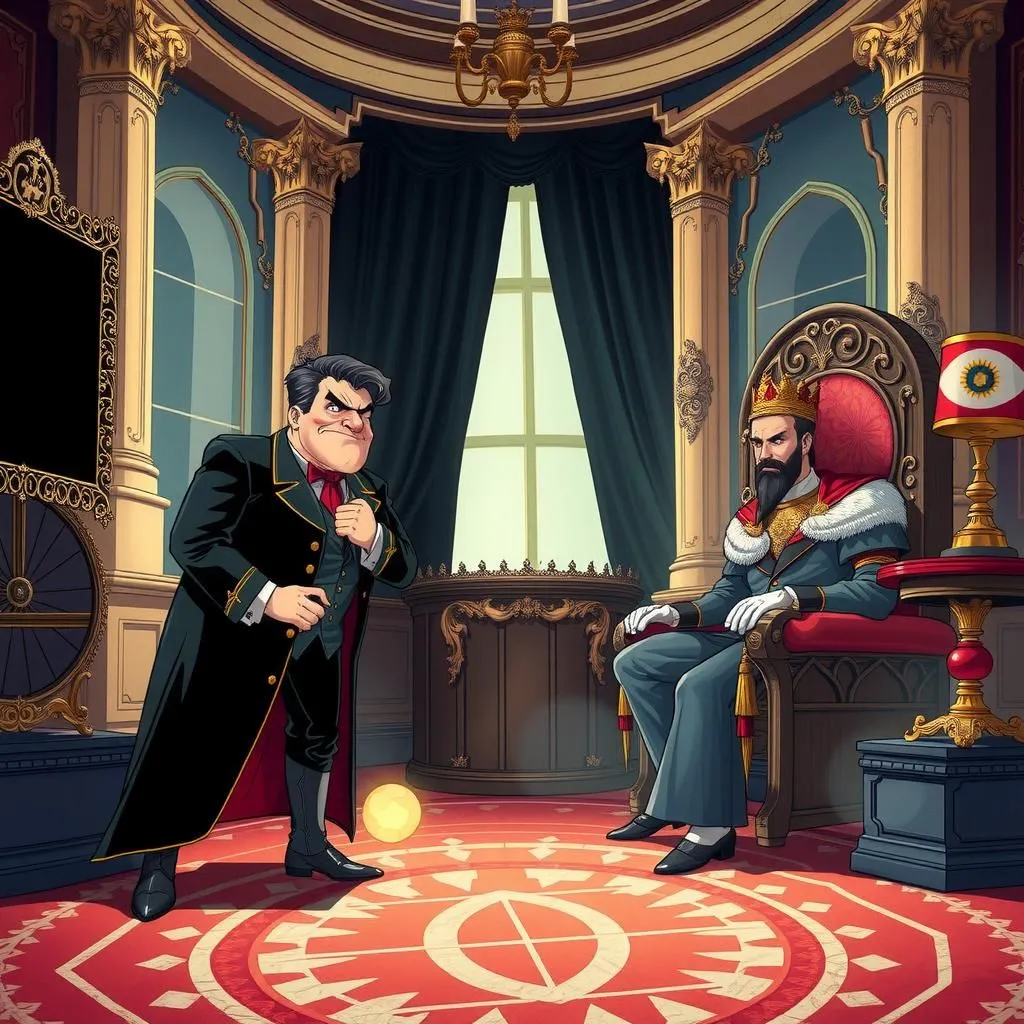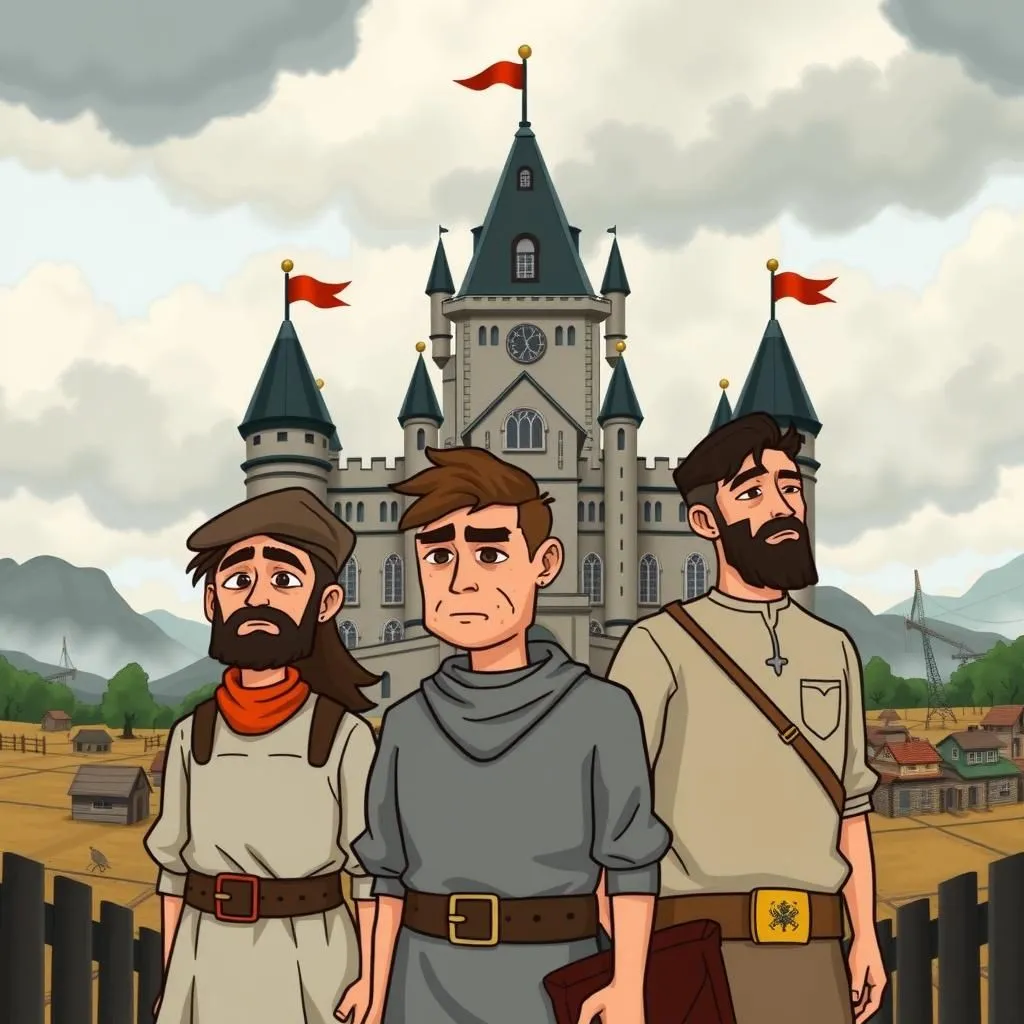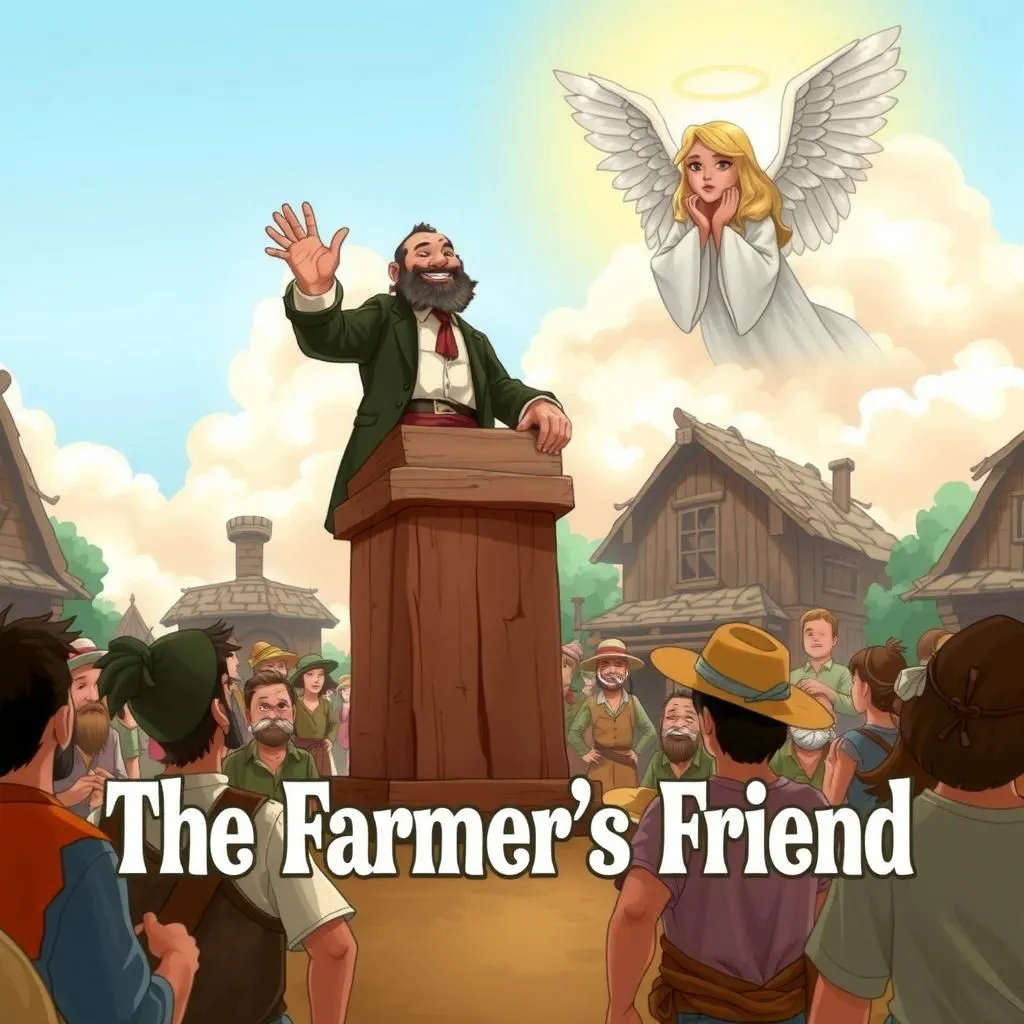
The Ingenious Blackmailer
An inventor presents a rifle that discharges lightning to a king, seeking a million dollars for the secret, but the king becomes suspicious of his intentions, recognizing the potential for war and its costs. When the inventor insists on the glory and spoils of conflict, the king, valuing integrity over greed, ultimately orders the inventor's execution for blackmailing him. This story serves as a motivational tale with a moral, illustrating the dangers of ambition and the importance of ethical considerations in pursuit of power.


